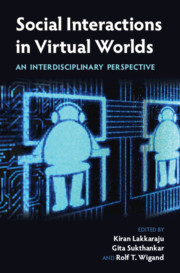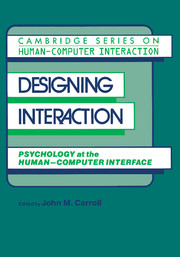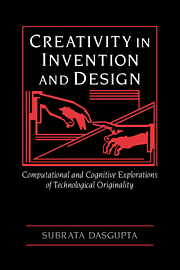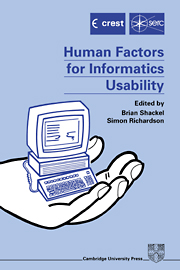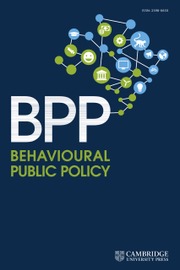Social Interactions in Virtual Worlds
Within the rapidly-growing arena of 'virtual worlds', such as Massively Multiplayer Online Games (MMOs), individuals behave in particular ways, influence one another, and develop complex relationships. This setting can be a useful tool for modeling complex social systems, cognitive factors, and interactions between groups and within organizations. To study these worlds effectively requires a cross-disciplinary approach that integrates social science theories with big data analytics. This broad-based book offers a comprehensive and holistic perspective on the field. It brings together research findings from an international team of experts in computer science (artificial intelligence, game design, and social computing), psychology, and the social sciences to help researchers and practitioners better understand the fundamental processes underpinning social behavior in virtual worlds such as World of Warcraft, Rift, Eve Online, and Travian.
- Integrates research by an international team of experts from computer science, psychology, and social sciences
- Discusses several key virtual worlds such as World of Warcraft, Rift, and Eve Online
- Combines chapters that focus on data analysis with chapters that focus on underlying social theories
Reviews & endorsements
'While social platforms like Facebook, WhatsApp, LinkedIn and Twitter have a much broader reach, the uniqueness of massively multiplayer online games (MMOGs) and virtual worlds is that the participation in them is deep. Driven by various motivations, including achievement, socialization and immersion, participants can spend multiple hours a day on such platforms - deriving experiential benefits that are far beyond superficial, and often satisfying at a far deeper level. From a social science perspective, this provides a unique opportunity to extend and refine social science theories in a far more nuanced manner than before, and use them to build models for various applications. The key to this has been the availability of fine grained data about behavior, the 'big data of social science', as well as the development of a new social science research methodology which is based on computer science techniques like machine learning and social network analysis. We are witnessing the start of a new era in social science research, and this book is a timely collection of some of the best work in this rapidly expanding area of inquiry.' Jaideep Srivastava, University of Minnesota
Product details
July 2018Hardback
9781107128828
452 pages
236 × 160 × 30 mm
0.7kg
Available
Table of Contents
- Part I. Individual Behaviors and Dyadic Relationships:
- 1. VERUS John Murray, Thomas Chesney and Robert Hoffmann
- 2. Understanding aggressive and non-aggressive individual behaviors in MMOGs Iftekhar Ahmed, Andrew Pilny and Marshall Scott Poole
- 3. From good associates to true friends Fanny Anne Ramirez
- 4. Couples who slay together, stay together Elizabeth Craig, Nicholas Taylor and Sarah Evans
- Part II. Groups:
- 5. Virtual team communication norms John C. Sherblom, Lesley A. Withers, Lynette G. Leonard and Jeffrey S. Smith
- 6. Toxic allies and caring friends Maude Bonenfant, Laura Iseut Lafrance St-Martin, Félix Prégent and Lucile Crémier
- 7. Management (im)material Nick Taylor, Suzanne de Castell, Jennifer Jenson and Ryan Hurley
- 8. Virtual organization and online games Rolf T. Wigand
- 9. Virtual economic experiments Thomas Chesney, Swee Hoon Chuah, Robert Hoffmann, Wendy Hui and Jeremy Larner
- Part III. Understanding Culture with Games:
- 10. A simulated utopia William Sims Bainbridge
- 11. Gaming in multicultural classrooms Amanda Paz Alencar and Teresa de la Hera Conde-Pumpido
- Part IV. Techniques for Analyzing Game Data:
- 12. The power of social features in online gaming Fernando Kuipers, Marcus Martens, Ernst van der Hoeven and Alexandru Iosup
- 13. Profiling in games Rafet Sifa, Anders Drachen and Christian Bauckhage
- 14. Using massively multiplayer online game data to analyze the dynamics of social interactions Alireza Hajibagheri, Gita Sukthankar, Kiran Lakkaraju, Hamidreza Alvari, Rolf T. Wigand and Nitin Agarwal.

